10 facts about sustainability in Portugal
We believe in showcasing destinations that are leading the way in sustainable travel practices. In 2020, Lisbon was awarded the European Green Capital Award, putting the country firmly on the map in terms of sustainability.
Read on to discover ten facts about Portugal’s sustainability efforts. From renewable energy to eco-tourism, Portugal has implemented innovative strategies that have earned it a prominent place in the global sustainability landscape.
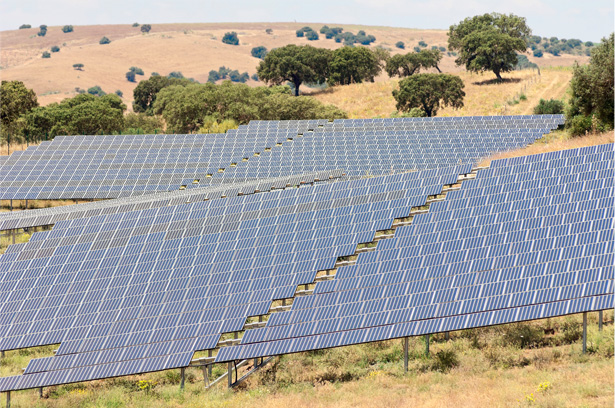
Renewable energy
Green transport
Portugal’s capital Lisbon boasts an extensive network of electric trams and buses, promoting sustainable transportation. The electric tram network, known as “Elétrico,” is a popular mode of sustainable transportation. Incentives for electric vehicle adoption, including tax breaks and charging infrastructure, further encourage eco-friendly mobility.
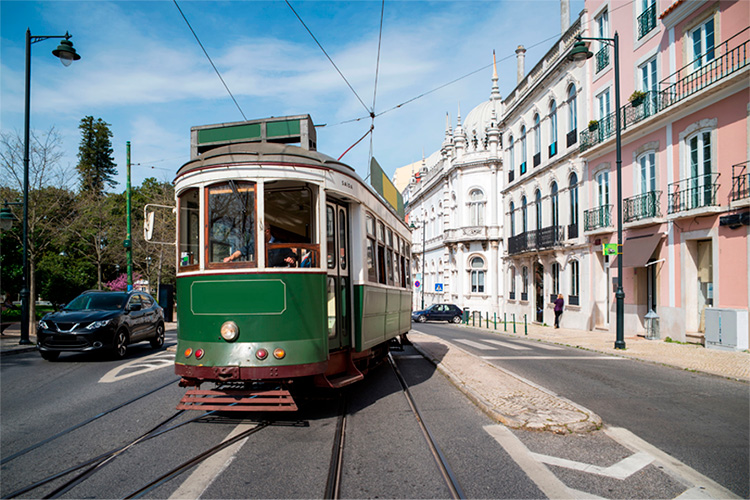

Plastic reduction
Portugal has taken significant steps to reduce plastic waste, implementing a ban on single-use plastic bags in supermarkets and introducing fees on disposable plastic products. These efforts encourage the use of reusable alternatives and combat plastic pollution.
Protected Areas
Portugal boasts stunning protected areas, such as Parque Nacional da Peneda-Gerês and Parque Natural da Ria Formosa. The Parque Nacional da Peneda-Gerês in northern Portugal is a protected area spanning over 70,000 hectares, encompassing diverse landscapes, waterfalls, and rich flora and fauna. The Parque Natural da Ria Formosa in the Algarve region is a coastal lagoon system recognised for its biodiversity and birdwatching opportunities. These national parks and reserves contribute to biodiversity preservation and ecosystem protection.
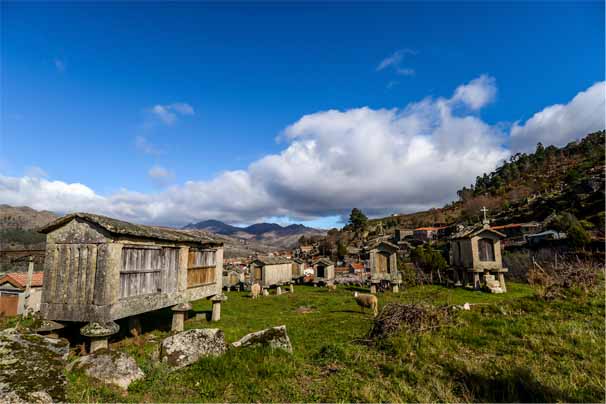
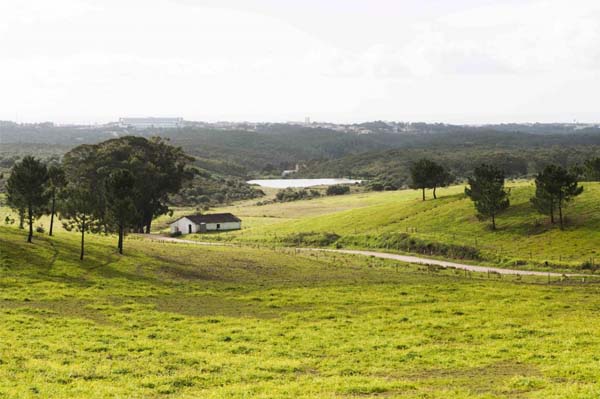
Sustainable Agriculture
Portugal promotes sustainable farming practices, emphasising organic methods, biodiversity conservation and eco-friendly pest control, which ensure the production of healthier food while minimising environmental impact. An example would be an organic farm near Lisbon, Quinta do Pisão, which practices sustainable agriculture methods, including crop rotation, composting and natural pest control.
Circular Economy
Portugal has implemented a nationwide recycling programme, encouraging citizens to separate waste into different bins for recycling, composting and landfill. The recycled materials are then repurposed for manufacturing new products.
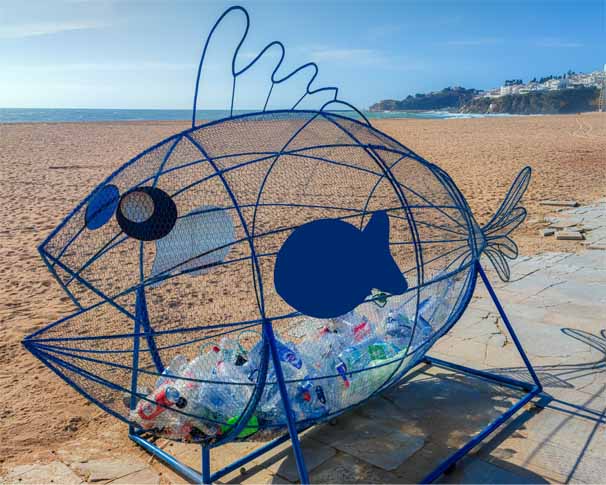
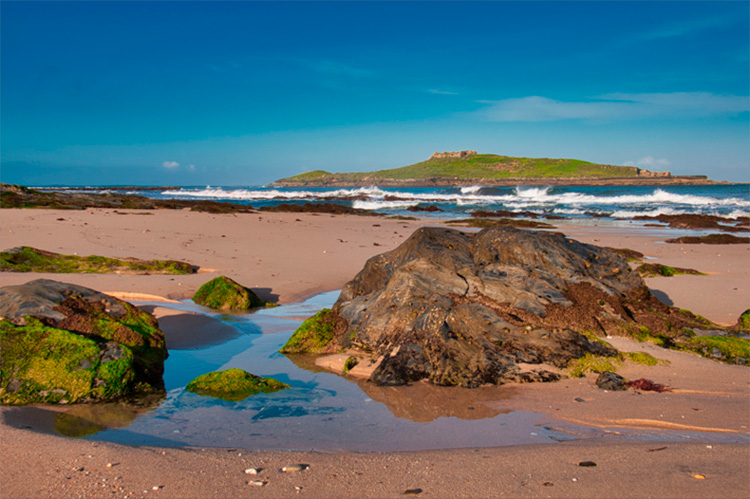
Eco-Tourism
Travellers to Portugal can enjoy eco-friendly tourism options, including hiking and biking trails in natural parks, eco-lodges and sustainable tour operators. The Rota Vicentina in southwestern Portugal offers a network of hiking trails that traverse stunning coastal cliffs, sandy beaches and rural landscapes. Eco-lodges like Herdade da Matinha provide sustainable accommodation options for eco-conscious travellers. These experiences allow visitors to appreciate the country’s natural beauty while minimising their environmental footprint.
Sustainable Fisheries
Portugal implements measures to promote sustainable fishing, including fishing quotas, selective fishing gear and research programmes. The conservation efforts in the Ria Formosa Natural Park include regulating fishing activities to ensure sustainable catch levels, supporting the recovery of fish populations and protecting the park’s fragile ecosystems.
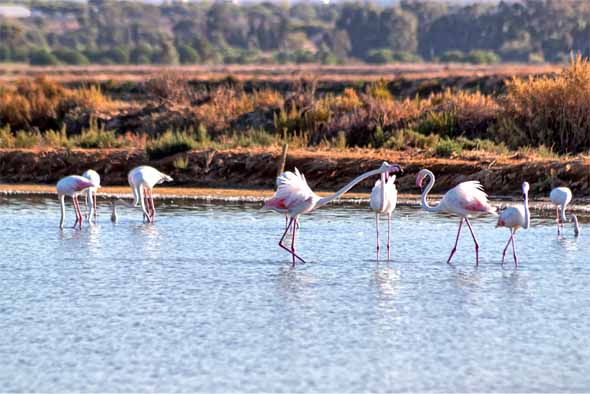
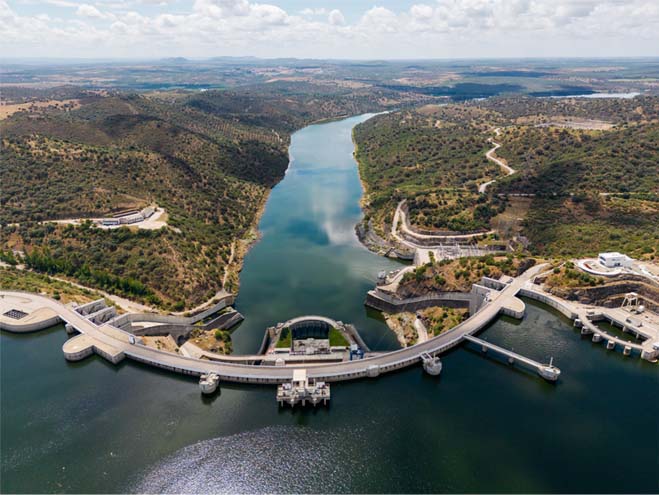
Water Conservation
Portugal addresses water scarcity challenges through innovative solutions such as water-efficient irrigation systems, water reuse initiatives and public awareness campaigns promoting responsible water use. The Alqueva Dam, one of Europe’s largest artificial lakes, serves as a reservoir for irrigation purposes, enabling efficient water usage in agricultural regions.
Environmental Education
Universities in Portugal, such as the University of Lisbon, offer programmes in environmental sciences and sustainability studies, equipping students with the knowledge and skills to address environmental challenges. This fosters environmental consciousness and empowers future generations to engage in sustainable practices.

Sign up to our newsletter and keep up to date with the latest WYSTC news.
